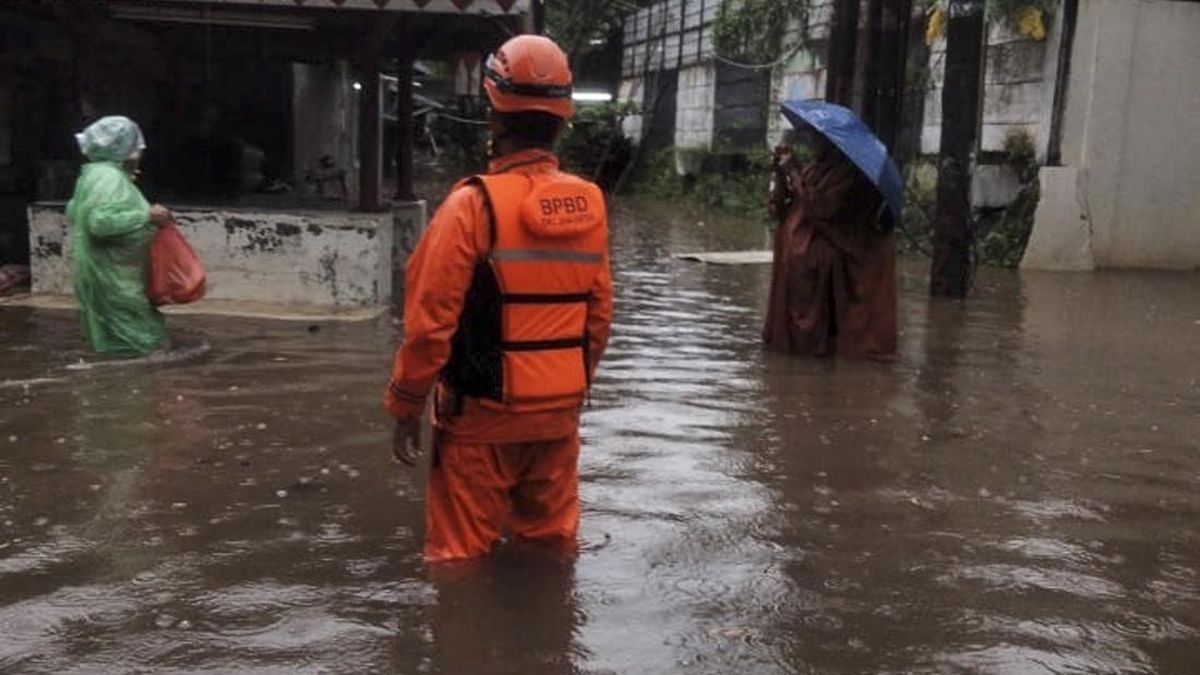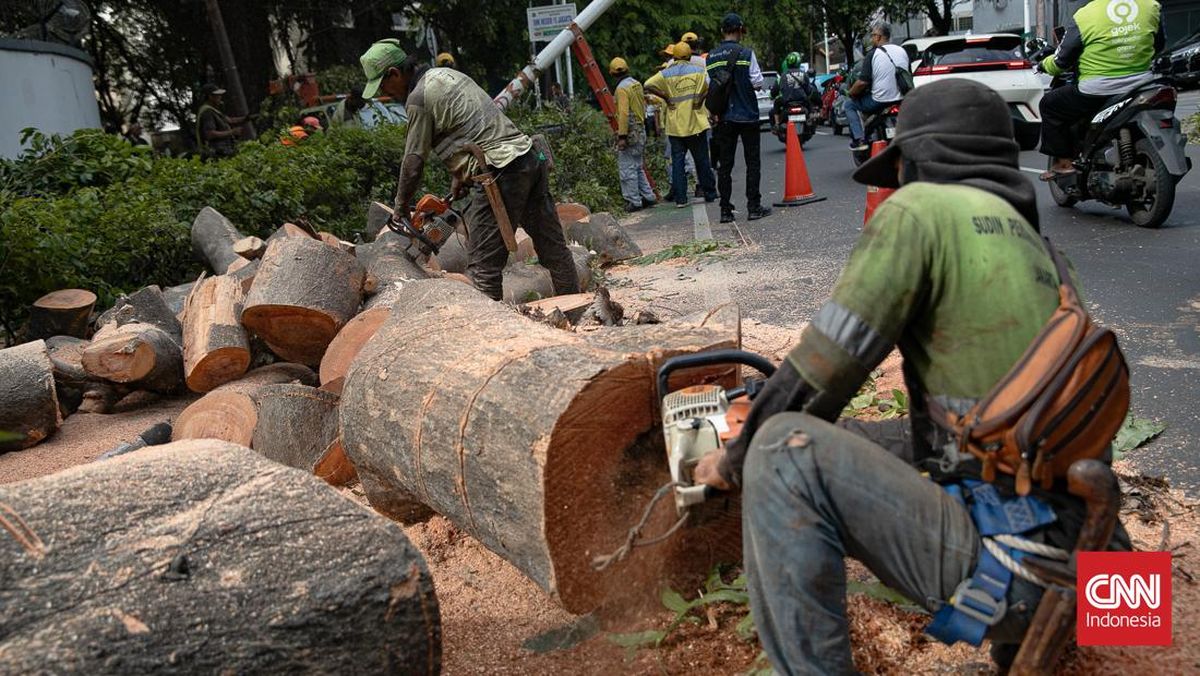The reality: Age is the biggest risk factor, but shingles can happen at any age, and even if you’re healthy.
While shingles is linked to a weakened immune system, you don’t have to be unwell to be at risk. From around age 50, our immune defences naturally start to decline – even if we feel fine. Jeremy, who was 49 when he contracted the virus, recalls: “I’ve always stayed super fit and healthy… it came out of nowhere and really took me down like a sack of spuds.”
Myth 3: “Shingles is just a rash”
The reality: Shingles affects everyone a little differently. For some, it may be relatively mild – a painful rash that clears up within a few weeks. But for others, nerve pain lingers for months or even years after the rash has gone²˒⁴.
Nicole was 53 when she developed shingles: “It felt like fire ants, just stinging me constantly… I had the rash for the first month, and then I had neuralgia for about five months. That’s after all the blisters had gone.”

Dr Chu says: “It’s the group in their fifties and sixties I find, who still feel quite young on the inside, that significantly underestimate their risk.”
Long-term pain – known as postherpetic neuralgia, or PHN – occurs in roughly one in ten people aged 50 to 59⁵. That’s why it’s so important to recognise the signs early and speak to your doctor – especially if you’re in the over 50 age group where risk increases.
Myth 4: “I had chickenpox, so I can’t get shingles”
The reality: Shingles isn’t something you catch. It’s something that can reawaken from within.
Some people believe that having chickenpox as a child means they’re immune to shingles later in life. But shingles isn’t a new virus – it’s actually the same one. After you recover from chickenpox, the virus (called varicella zoster) doesn’t leave your body.
Instead, it goes into hiding in your nervous system — and in some people, it reactivates years or even decades later as shingles²˒⁴. This means you’re at risk if you’ve had chickenpox, as almost all Australians over 50 have¹.
Myth 5: “I don’t remember having chickenpox”
The reality: Not recalling the infection doesn’t mean you’re in the clear⁶. Almost all Australians over 50 have the virus¹. As your immune system naturally declines with age, the dormant virus can reactivate, putting you at risk²˒⁴.
If you’re aged 50 or over, talk to your GP about shingles or visit knowshingles.com.au
- Gidding HF et al. Epidemiol Infect. 2003;131:1085–9.
- Health Direct. Shingles. Available at: https://www.healthdirect.gov. au/shingles [Accessed February 2025].
- MacIntyre R et al. PLoS One. 2015;10(4):e0125025.
- CDC. Shingles. Available at: https:// www.cdc.gov/shingles/about /index.html [Accessed February 2025].
- Stein AN et al. Vaccine. 2009;27(4):520–9.
- Holmes CN. Can Fam Physician. 2005 Jan;51(1):60-5. 5


















































